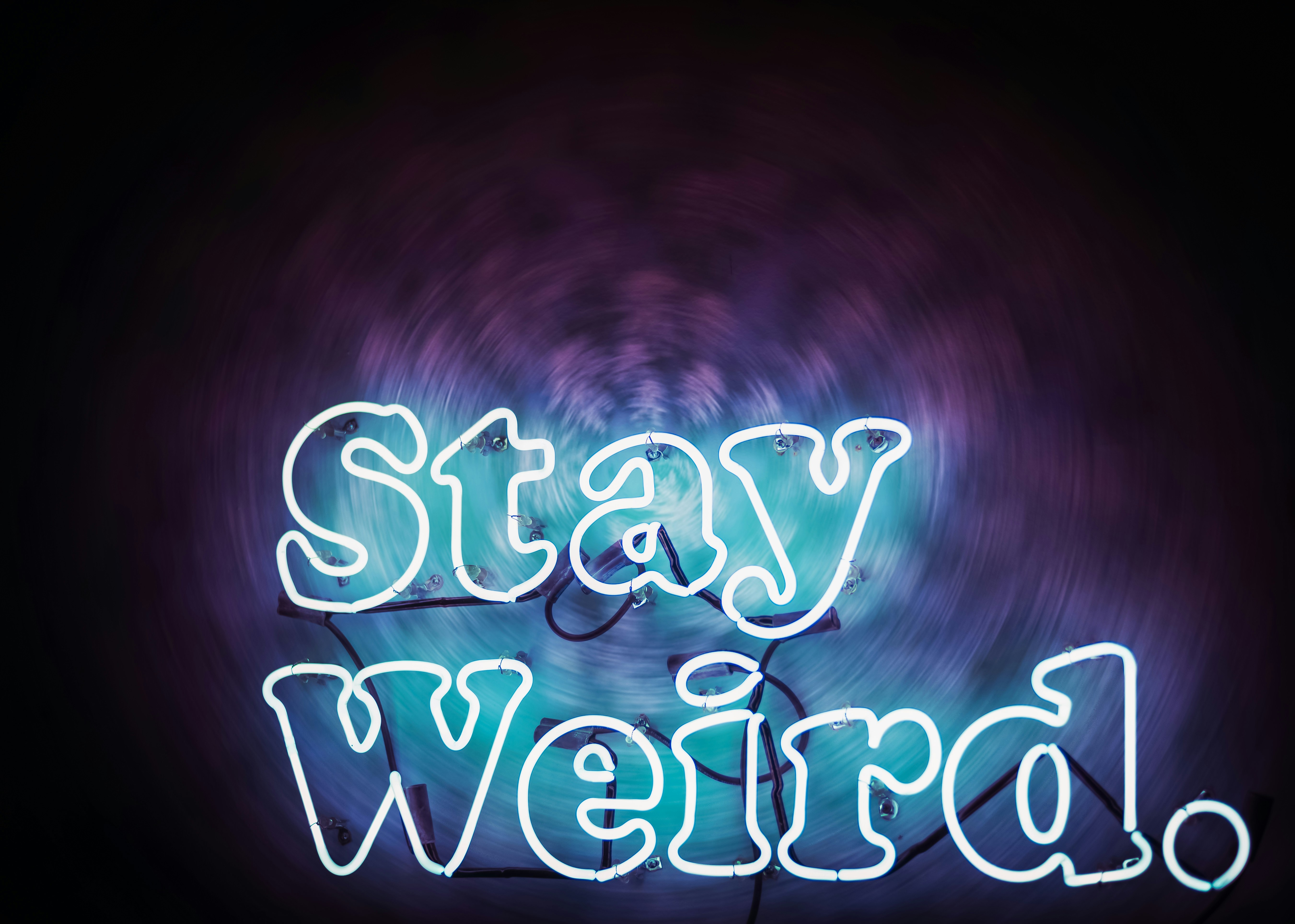Il y a un truc que personne ne dit.
Ce n’est pas parce que vous êtes stable, équilibré, régulé… que vous allez réussir.
La vérité ?
Les fondateurs qui explosent les compteurs ont souvent un moteur instable, dérangeant, inconfortable.
Et si vos "troubles" étaient en fait vos superpouvoirs ?
1. L’hypomanie : carburant de guerre
Vous avez du mal à dormir ? Vous enchaînez les idées ? Vous êtes intenable en soirée ?
Bienvenue dans le monde des hypomanes fonctionnels.
“Un maniaque pense être Dieu.
Un hypomane (très fréquent chez les entrepreneurs), pense avoir été choisi par Dieu pour réussir dans les affaires” – John GartnerII.
Ce n’est pas une blague. Les traits sont clairs :
- Besoin de sommeil réduit
- Énergie débordante
- Capacité à tout donner pendant 72h non-stop
- Charisme expansif, ambition illimitée, capacité à séduire investisseurs & équipes
2. Le TDAH : vitesse, vision, chaos maîtrisé
Vous vous ennuyez vite ? Vous changez de sujet en plein pitch ?
Vous détestez les tâches répétitives ?
→ C’est probablement du TDAH. Et c’est une bénédiction mal comprise.
Les études sont sans appel :
- Les personnes atteintes de TDAH ont 3x plus de chances de créer une entreprise
- Leur cerveau cherche la stimulation permanente
- Ils captent des signaux faibles que les autres ignorent
- Ils sont capables d’hyperfocus sur les projets qui les passionnent
Ils sont allergiques à la lenteur, à l’ennui, au statu quo.
Autrement dit : faits pour disrupter.
Mais à condition de structurer autour d’eux.
3. L’obsession : la vraie barrière à l’entrée
Vous ruminez. Vous ressassez. Vous retravaillez le même sujet 27 fois.
C’est de l’obsession clinique.
Et c’est peut-être votre vraie edge.
“Les fondateurs qui réussissent sont souvent ceux qui ne savent pas s’arrêter.”
C’est ça qui fait la différence :
- Vous testez encore à 2h du matin
- Vous relisez vos pitch decks à l’aéroport
- Vous rêvez de vos clients
Ce niveau d’implication n’est pas sain.
Mais il est souvent nécessaire.
Les projets médiocres naissent dans le confort.
Les grands business naissent dans la fixation, la rage de résoudre, le refus de lâcher.
4. Et si votre “trouble” était votre outil de puissance ?
La société veut des gens équilibrés.
Mais l’entrepreneuriat ne récompense pas la moyenne.
Il récompense la déviance utile.
Hypomanie = création
TDAH = disruption
Obsession = exécution
Anxiété = anticipation
Borderline = capacité à absorber des tensions extrêmes
Les fondateurs brillants ne sont pas les plus sains.
Ce sont ceux qui ont transformé leur "trouble" en outil.
5. Alors, on fait quoi ?
- Arrêtez de vous pathologiser.
Ce n’est pas un bug. C'est vous. - Acceptez votre système d’exploitation.
Vous êtes nerveux ? Tant mieux. Vous êtes instable ? Tant mieux.
Mais installez un pare-feu : routines, entourage, ancrage physique.
En conclusion
Les gens normaux n’entreprennent pas.
Les gens normaux ne supportent pas la pression.
Les gens normaux ne sont pas obsédés.
Photo : Dan Parlante

